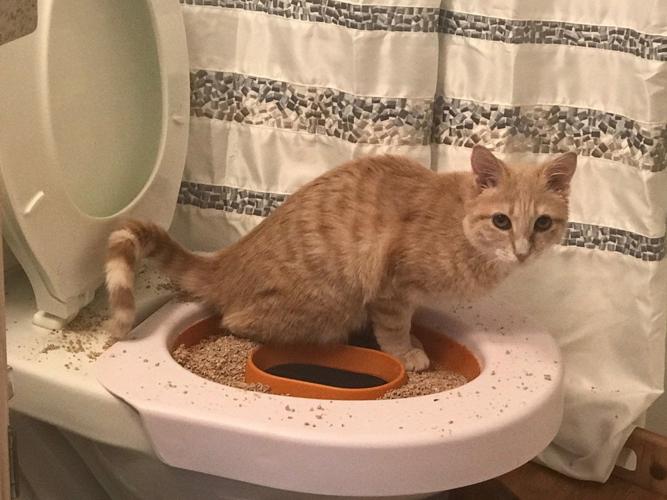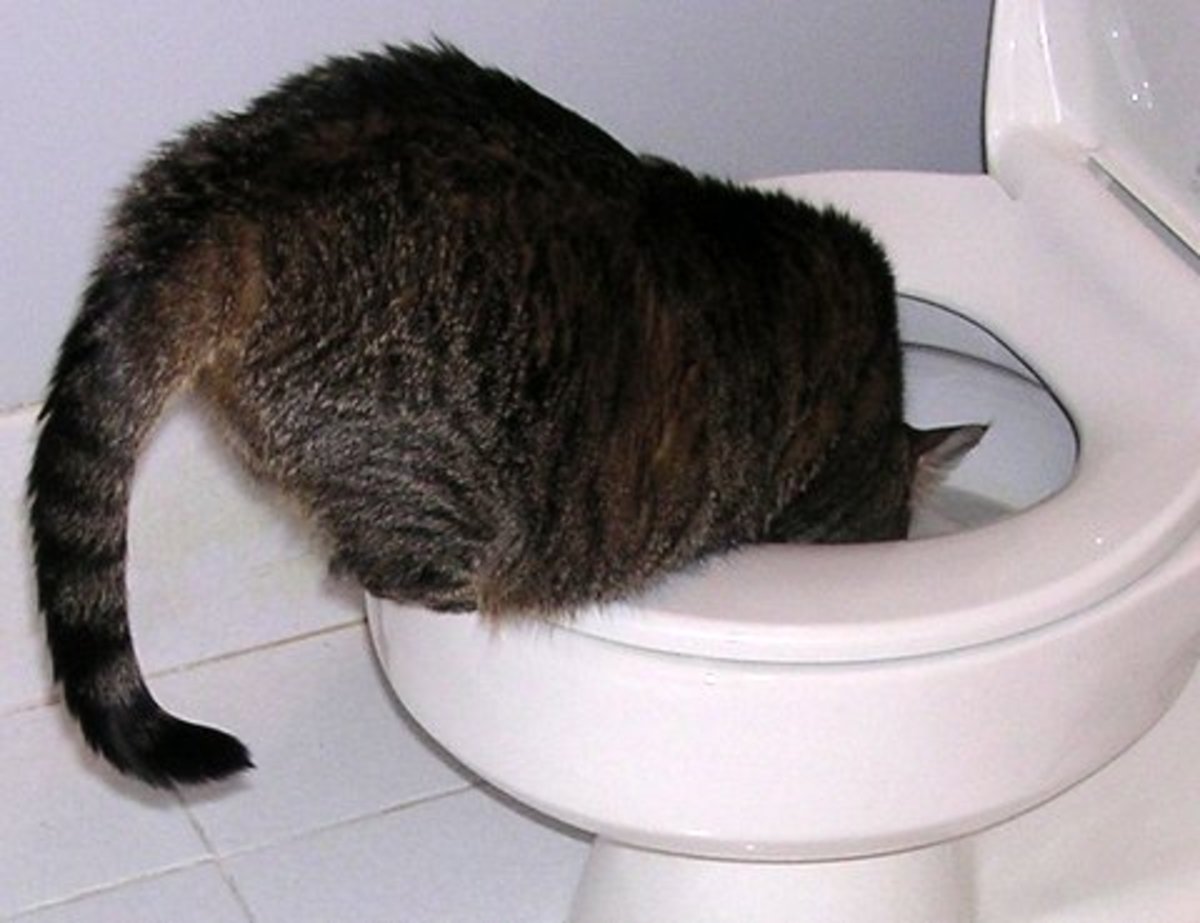Prevent Bathroom Disasters: Don't Flush Cat Poop Down Your Toilet - Expert Guidance
CallWe've found this great article involving How to Dispose of Cat Poop and Litter Without Plastic Bags directly below on the internet and reckoned it made sense to write about it with you on my blog.

Intro
As feline proprietors, it's necessary to bear in mind just how we throw away our feline friends' waste. While it may appear hassle-free to purge cat poop down the bathroom, this method can have detrimental consequences for both the environment and human wellness.
Ecological Impact
Flushing pet cat poop introduces unsafe virus and parasites into the water supply, posturing a significant threat to water ecosystems. These impurities can negatively influence aquatic life and concession water quality.
Health Risks
In addition to environmental concerns, purging feline waste can also position health and wellness threats to people. Pet cat feces might consist of Toxoplasma gondii, a bloodsucker that can trigger toxoplasmosis-- a possibly extreme illness, particularly for expecting ladies and individuals with weakened immune systems.
Alternatives to Flushing
Luckily, there are more secure and extra liable ways to get rid of cat poop. Take into consideration the complying with options:
1. Scoop and Dispose in Trash
One of the most common approach of getting rid of cat poop is to scoop it into a biodegradable bag and throw it in the trash. Be sure to use a committed trash inside story and throw away the waste immediately.
2. Usage Biodegradable Litter
Choose eco-friendly pet cat litter made from products such as corn or wheat. These clutters are eco-friendly and can be securely gotten rid of in the trash.
3. Bury in the Yard
If you have a lawn, think about hiding feline waste in a designated location far from veggie yards and water resources. Make sure to dig deep enough to prevent contamination of groundwater.
4. Mount a Pet Waste Disposal System
Purchase a pet dog waste disposal system especially made for feline waste. These systems make use of enzymes to break down the waste, reducing smell and environmental impact.
Final thought
Liable pet dog ownership extends beyond giving food and sanctuary-- it likewise includes correct waste monitoring. By refraining from flushing pet cat poop down the commode and going with alternate disposal approaches, we can minimize our ecological footprint and safeguard human health.
Why You Should Never Flush Cat Poop Down the Toilet
A rose by any other name might smell as sweet, but not all poop is created equal. Toilets, and our sewage systems, are designed for human excrement, not animal waste. It might seem like it couldn’t hurt to toss cat feces into the loo, but it’s not a good idea to flush cat poop in the toilet.
First and foremost, assuming your cat uses a litter box, any waste is going to have litter on it. And even the smallest amount of litter can wreak havoc on plumbing.
Over time, small amounts build up, filling up your septic system. Most litter sold today is clumping; it is made from a type of clay that hardens when it gets wet. Ever tried to scrape old clumps from the bottom of a litter box? You know just how cement-hard it can get!
Now imagine just a small clump of that stuck in your pipes. A simple de-clogger like Drano isn’t going to cut it. And that means it’s going to cost you big time to fix it.
Parasitic Contamination
Believe it or not, your healthy kitty may be harboring a nasty parasite. Only cats excrete Toxoplasma in their feces. Yet it rarely causes serious health issues in the cats that are infected. Most people will be fine too if infected. Only pregnant women and people with compromised immune systems are at risk. (If you’ve ever heard how women who are expecting are excused from litter cleaning duty, Toxoplasma is why.)
But other animals may have a problem if infected with the parasite. And human water treatment systems aren’t designed to handle it. As a result, the systems don’t remove the parasite before discharging wastewater into local waterways. Fish, shellfish, and other marine life — otters in particular — are susceptible to toxoplasma. If exposed, most will end up with brain damage and many will die.
Depending on the species of fish, they may end up on someone’s fish hook and, ultimately on someone’s dinner plate. If that someone has a chronic illness, they’re at risk.
Skip the Toilet Training
We know there are folks out there who like to toilet train their cats. And we give them props, it takes a lot of work. But thanks to the toxoplasma, it’s not a good idea.

As a passionate reader about How to Dispose of Cat Poop and Litter Without Plastic Bags, I assumed sharing that section was worth the trouble. Do you know about another person who is serious about the subject? Please feel free to promote it. Thanks a lot for going through it.
Click Here